Incubating future movements in travel and culture
Words Frankie WechslerImages Arnaud MontagardVideo Eldon van Aswegen
The proposed United States-Mexico border wall that was part of Donald Trump’s election platform is a highly contested topic on both sides of the border. But it’s not just the lives of people that the wall would affect. In his installation for Further Marfa, renowned Mexican multimedia artist Erick Meyenberg uses a color study to highlight the potential ecological damage the proposed border wall would cause. The installation, titled “Chroma,” features a series of sculptures, light boxes, and drawings that form a chromatic catalog of at-risk species. We caught up with Meyenberg just before the exhibition opening to talk this work and future projects, including an ambitious collaboration with Mexico City’s Casa Luis Barragán.
Erick Meyenberg: I've always been concerned about ecological matters as well as social and political matters. In this case I'm addressing this issue of ecology to talk about what’s also happening in terms of migrants from mainly Latin America to the US The border is not just restricting humans—politicians are also creating ecological damage. I decided to represent the species with a Pantone of five tones, for each species that is endangered. The unique color combinations representing these species will also disappear from our planet in the near future. I thought it was a profound way to connect the social, political, and ecological matters I care about.
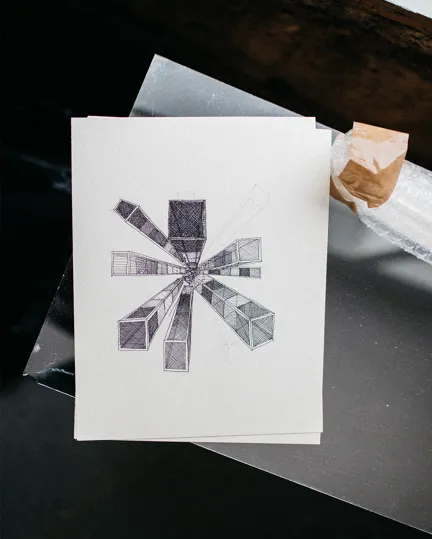
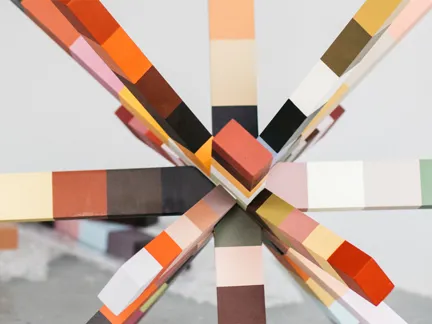
Meyenberg: A group of scientists called Defenders of Wildlife published an essay called “Nature Divided, Scientists United: US-Mexico Border Wall Threatens Biodiversity and Binational Conservation.” Art is an opportunity to make people aware of what's happening in the world, and my color combinations can reach a broader audience than the scientific essays or reports I've been researching. Art can be a more immediate and psychologically deeper way to reach the mind of the spectator.
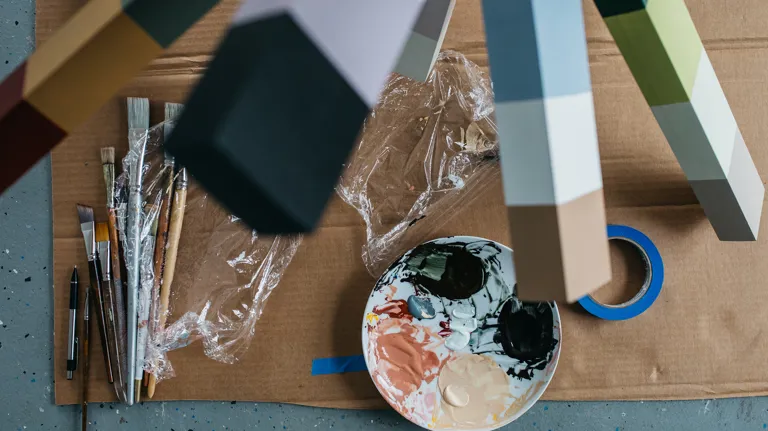
Meyenberg: When I was invited to create a piece for Marfa, I thought obviously about the landscape, and I should say that many of the species with which I'm working with come from Texas, which used to be a Mexican territory. We share animals, plants, and landscapes—so we are more connected than many people like to think. And here, I’m feeling the passing of time differently. I’m looking out at this landscape, the grays and the ochre hues, and discovering the subtle nuances of these colors. The landscape, the light conditions, the atmosphere, the vibes of the place: where you are going to show your works is just as important as the works themselves. The installing process—that means that actual physical architectural space with the light conditions, the colors, the feeling, the humidity—does the rest. I save a lot of decisions until after I’ve seen the space. You can see architectural renderings of the space, videos, pictures, whatever, but it never compares to your body inside the space and how your works relate to the body of the spectators.
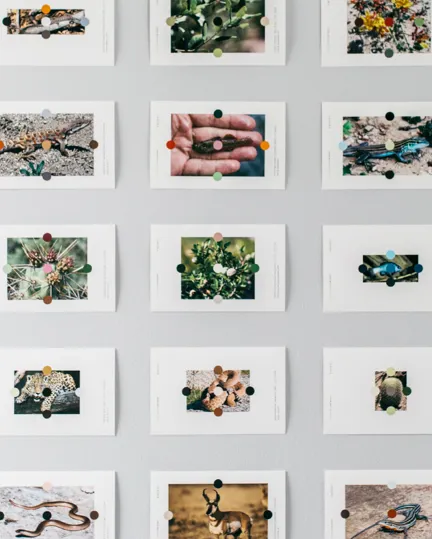
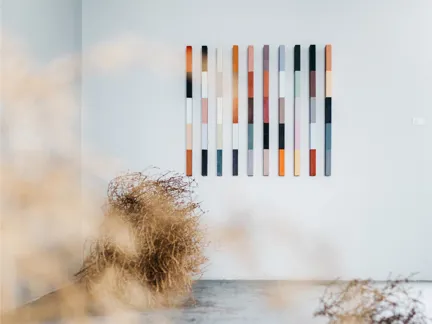
Meyenberg: I’m working on three projects, one of which is my most ambitious project yet. It’s an opera with the cadets of a military college in Mexico, which is one of the most mind-blowing places I’ve ever seen. As a libretto, I’m using Homer’s Odyssey. I've been working on this project for the last three years and finally we are getting the permits to collaborate with the army. So we will work with 400 or 500 cadets that will sing and perform—like a walkable opera that takes the audience through different scenarios. Another project is at Casa Luis Barragán, in collaboration with a lady who worked with Barragán for decades, being solely in charge of the flower bouquets by taking species of flowers from his garden and creating arrangements. I want to document this for future generations because once she’s gone, nobody will know exactly Barragán’s relationship with flowers and their importance in his architecture. Also, while I was talking to the director of Casa Barragán, I told her that I was creating a catalogue of all the colors in Marcel Proust’s novel In Search of Lost Time, and she said “no way, that was Barragán’s favorite novel!”, so she lent me the books that he read in French, all marked by Barragán himself. His architecture is very focused on color, so I think it would be an interesting interaction between two worlds. And to give you an idea, in just one of the seven volumes of the novel, Proust mentions 300 colors. So my dream is to bring all these colors into one space.
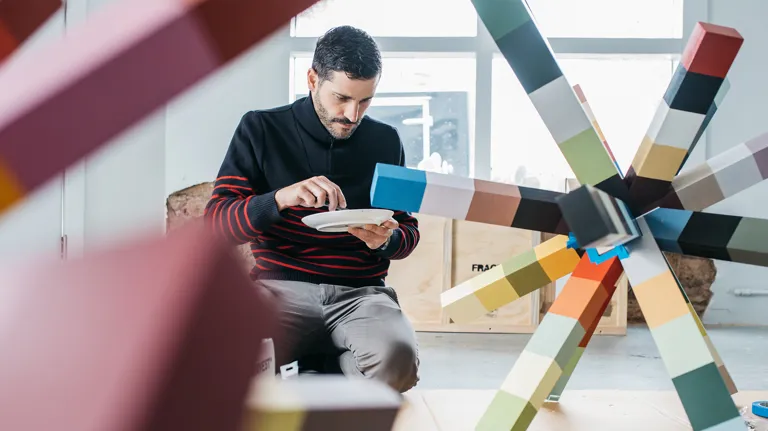
Furrther Borderlands
On a windswept stretch of Texas desert re-envisioned as a minimalist art mecca, Further Marfa set out on an exploration of borderlands: between art and commerce, city and country, Mexico and red-state USA, somewhere and nowhere.
Furrther Borderlands

Textile designer Gerardo Ruiz-Musi explores technology, the self, and the concept of truth with his exhibition at Further Marfa.
Furrther Borderlands
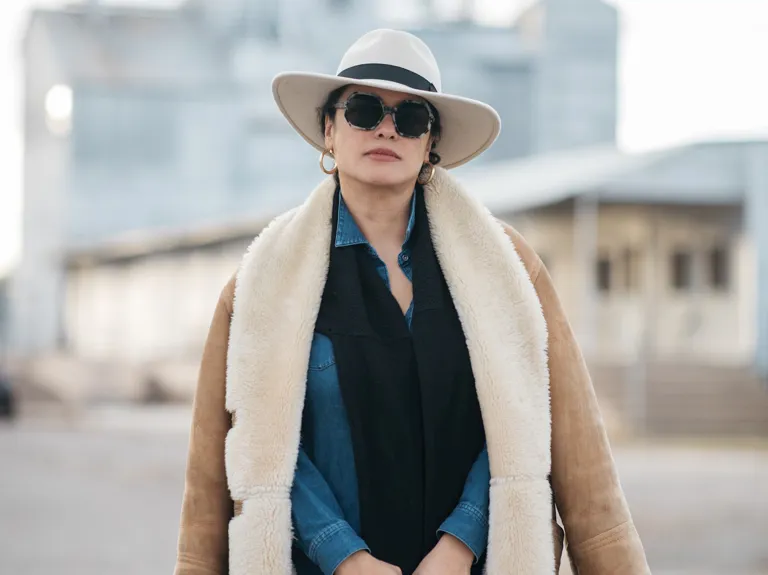
Since opening a decade ago, Pamela Echeverría’s Labor gallery has made waves in the booming Mexico City art world and beyond by highlighting provocative, research-based work that engages with current events.
Furrther Borderlands
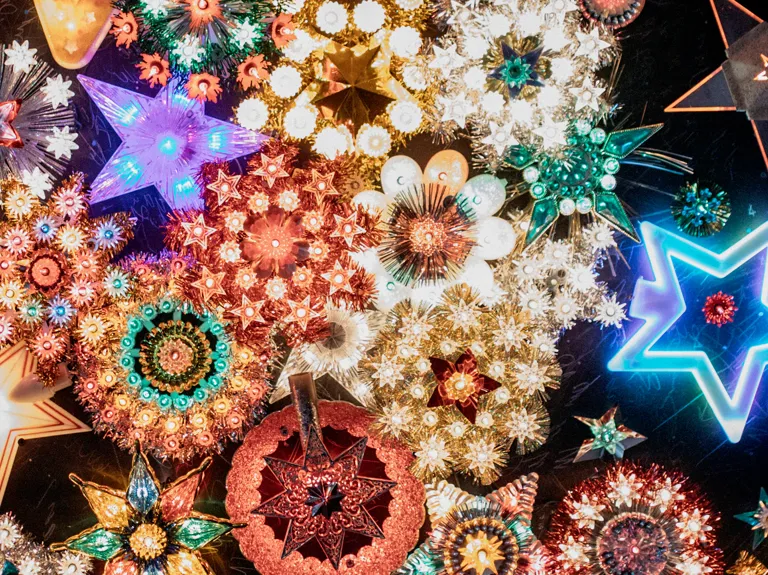
In his latest meditation on memory, beauty, and the passage of time, the influential mixed-media artist transforms illuminated Christmas tree toppers into magical vehicles of light, meaning, and ritual.
Furrther Borderlands

Further speaks to design collective La Metropolitana about their first work of art, an installation that uses wood to evoke the devastation of Mexico’s ongoing drug wars.
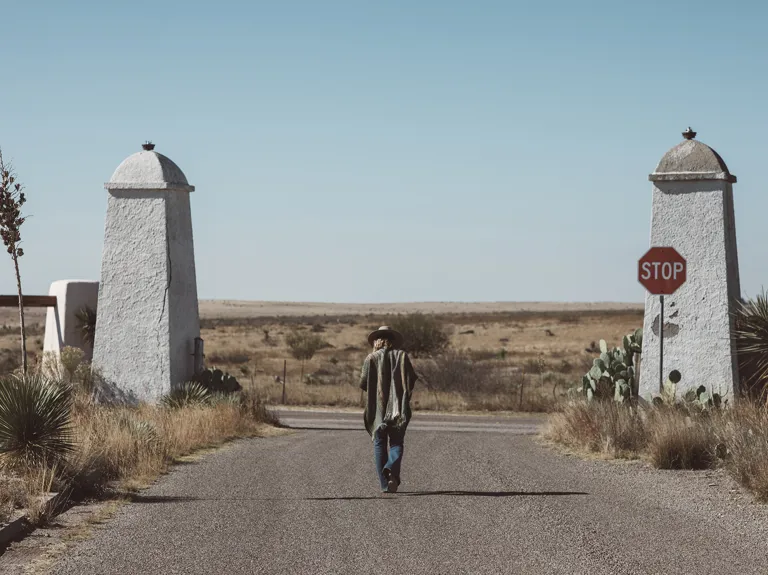
With her pioneering Mexico City-based platform Anónimo, Alejandra Martínez is concealing authorship until a work of art is sold in an attempt to free it from preconceptions.